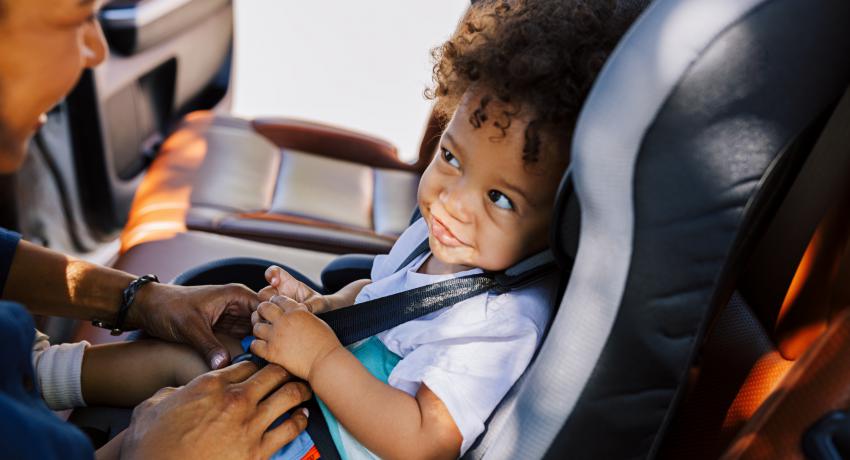"The job is rewarding because I can help guide families in the right direction by showing them support and encouraging them along the way," says Kathy Eirls with Better Futures Together Family Services. "I feel like we have the ability to make a difference in the child's life, as well as the parent, by being a support that they look forward to."
Eirls has been a Family Time provider for almost seven years, serving families in Ferry, Grant, Pend Oreille, Spokane, Stevens, and Whitman Counties.
Every morning before she leaves her home, she makes sure she has the proper car seats installed in her car for her morning visit. She also verifies she has the correct forms. Some days, she is picking up children at daycare; other times, she is helping children get their coats on as she picks them up from a foster home.
Once the children are safely buckled in, they head to the location of the visit.
"My number one priority is to keep the children safe," says Eirls, who adds she jots down as many notes as possible during supervised visits.
This is typical when a visit goes smoothly. Eirls often helps redirect the parent to ensure the child is safe and makes the most of the visit. Once the visit is over, the parents help bring the children to the car and buckle them in. Providers will then head back to the drop-off location, take the children in, sign the transportation log, and drive back to the office.
"There have been several families that I have worked with where I've noticed a difference family time has made," said Reina Rodriguez, a Family Time provider with Pathways to Connections. "A parent who is consistent can build on their relationship and strengthen their bond through the difficult moment."
For the last three years, Rodriguez has been providing Family Time services and helping reconnect families in Chelan and Douglas County.
"It has been very rewarding to see families be reunited after working with them for so long. It's great to work alongside parents who are actively working to better themselves for their children as well as meeting the foster families who provide care for these children," she said.
Eirls says she understands parents go through a lot to reunite with their children but sometimes just seeing their child and knowing that providers are not there to judge them, and are there to support them, is all parents need to see the light at the end of the tunnel.
"I had a visit one time, where the mom had lost five children before having her sixth. She started coming to visits and was determined to get her child back," recalls Eirls. "I encouraged her to keep coming and working hard to do what was requested by DCYF. She ended up getting pregnant with twins. In the end, she was reunited with her child and was able to keep the twins in her care. It's very rewarding to see families reunited."
According to Rodriguez, transporting families to and from visits can range from two miles to 30 miles; however, some supervisors do drive out further when children are placed outside of the counties they serve.
Eirls says she typically drives 150 to 200 miles a day for visits. Once she returns to the office, she cleans out her car, washes and sanitizes everything, puts in the car seats for her next visit, prepares the visit room, and submits reports and timesheets. She will call families at the end of the night to remind them of their upcoming visit.
"Family time is vital in the reunification of families because it allows the children to keep and strengthen their parent-child relationship," says Rodriguez. "It fills my heart to be part of the reunification process."

